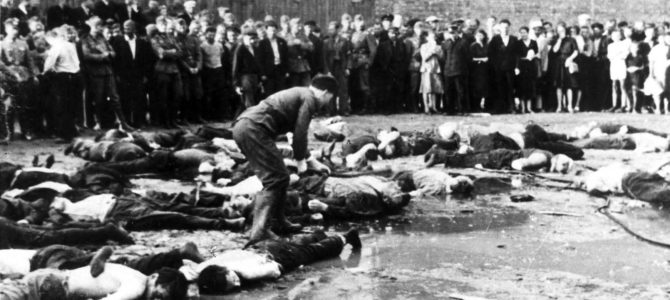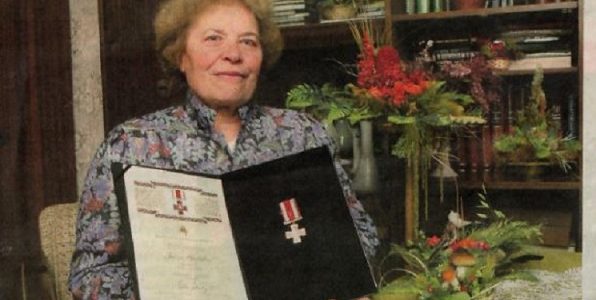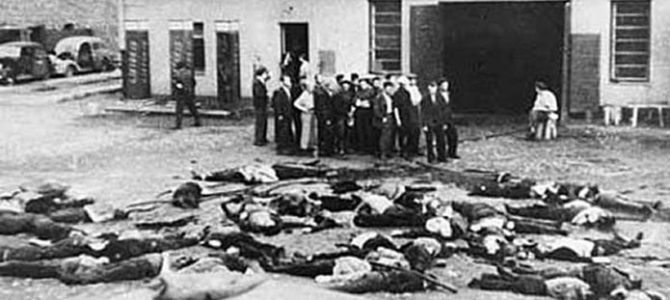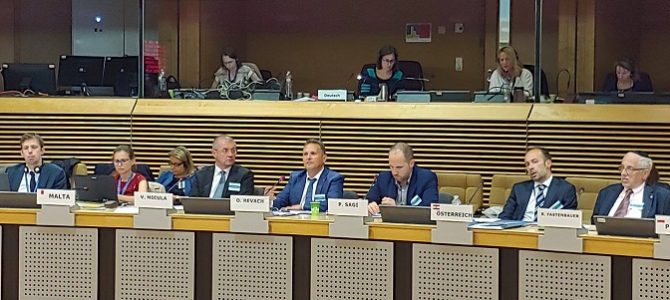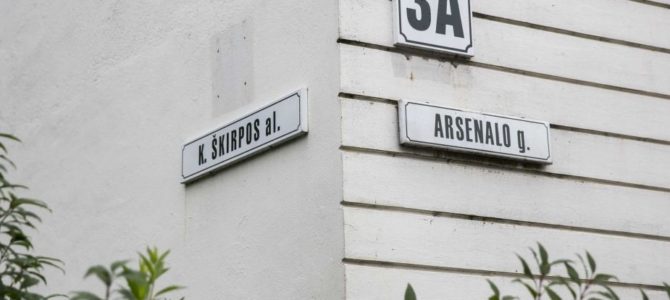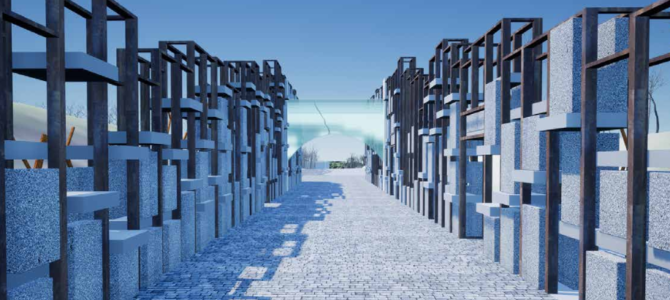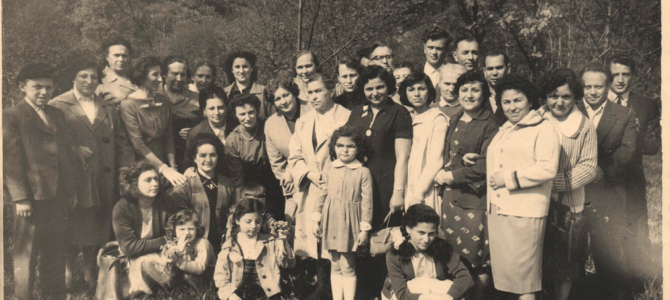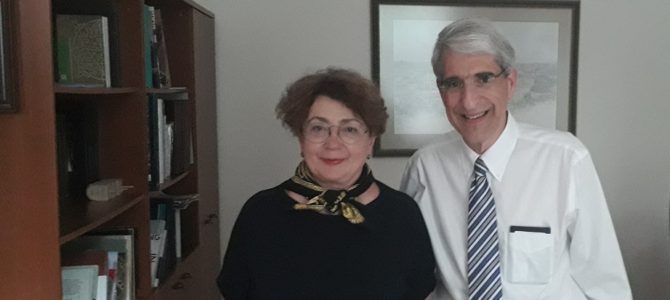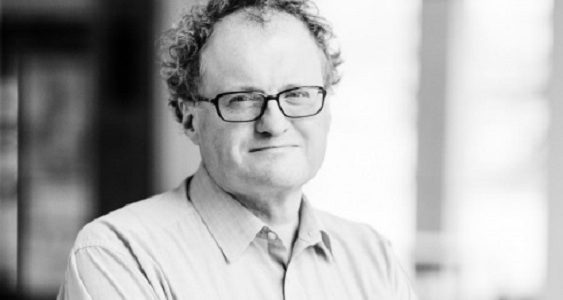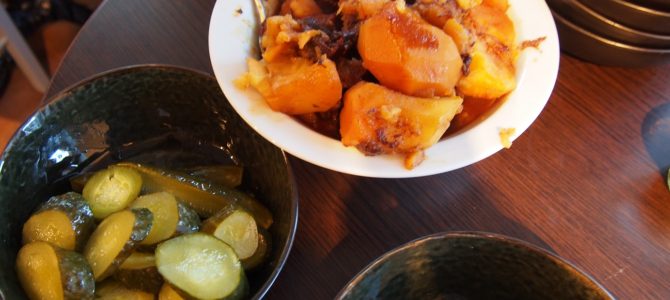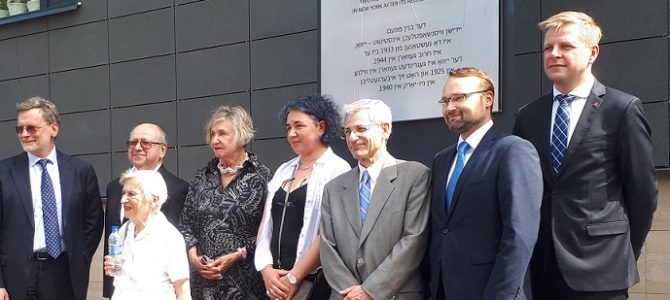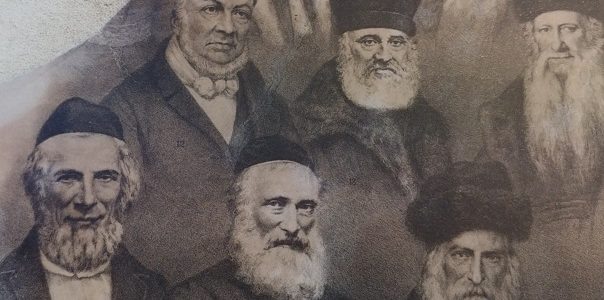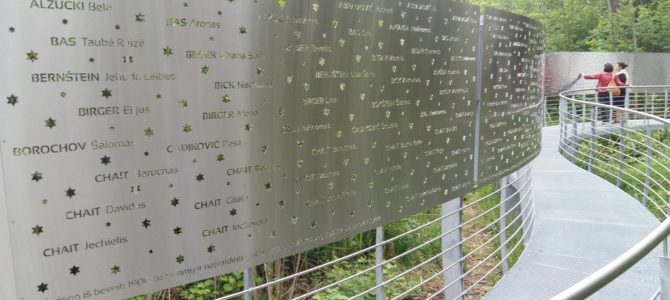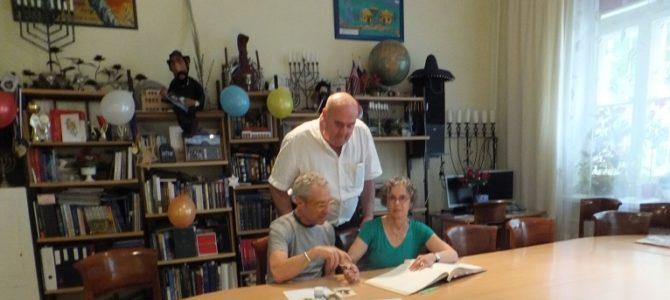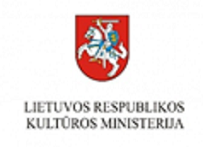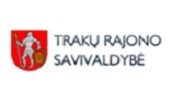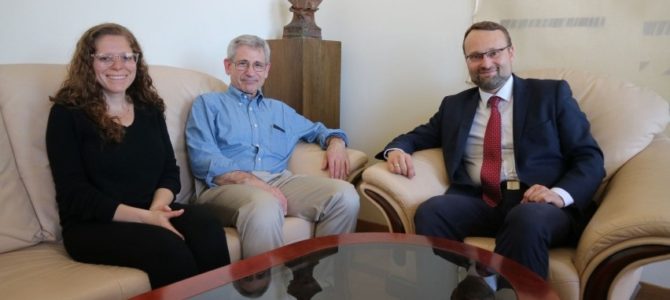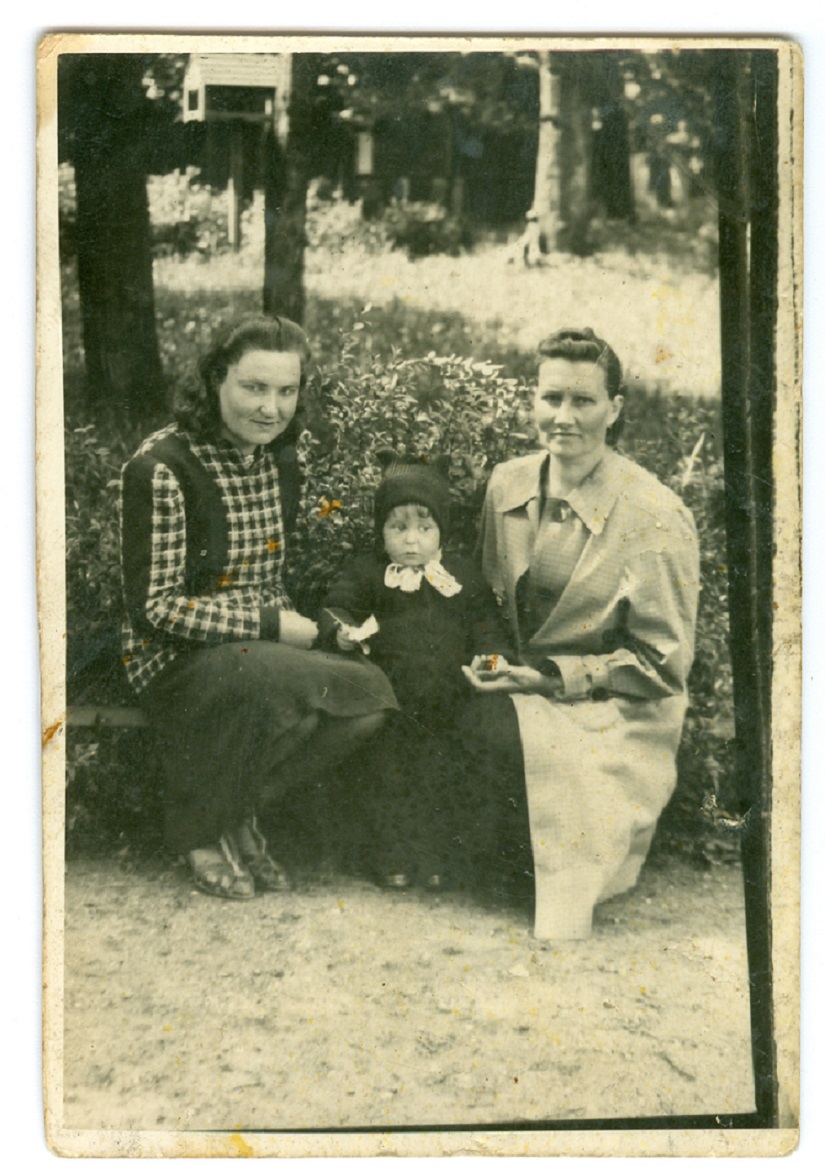Several months of silence have ensued since the publication of a shocking “explanation” with the features of gross Holocaust denial issued by a Lithuanian state institution, the Center for the Study of the Genocide and Resistance of Residents of Lithuania, published with no author attributed.
The “explanation” from this Lithuanian national historical research institution claims “the inhabitants of occupied Lithuania did not understand ghettos as part of the Holocaust” in attempting to vindicate Jonas Noreika’s culpability in establishing the Šiauliai (Shavel) ghetto, isolating Jews and seizing their property.
The Lithuanian Jewish Community not only believes these statements violate article 170-2 of the Lithuanian criminal code, but also desensitize the public to the Holocaust, and possibly intentionally and calculatedly encourage conflict in society and belittle and debase the memory of brave Lithuanians who rescued Jews from the Holocaust.
Just after marking the anniversary of the horrific Lietūkiis garage massacre and as we mark the 75th anniversaries of the destruction of the Kaunas and Šiauliai ghettos in coming days, we feel it is important to recall the roots and origins of the Holocaust in Lithuania.


